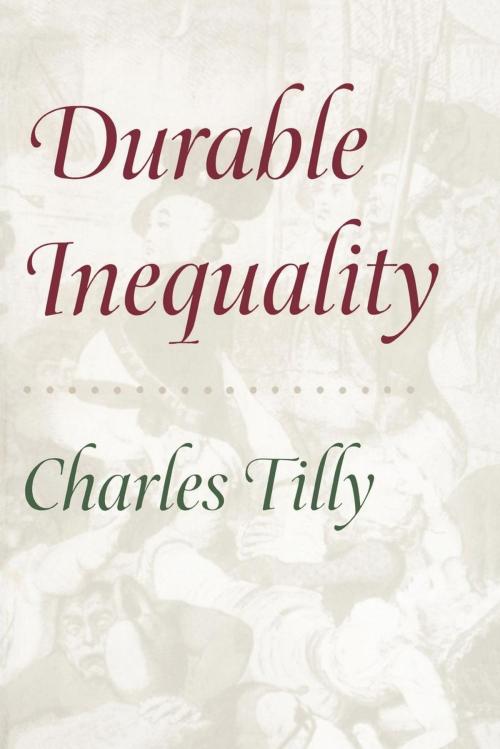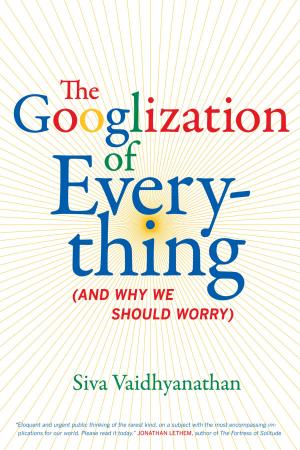Durable Inequality
Nonfiction, Social & Cultural Studies, Social Science, Discrimination & Race Relations, Gender Studies| Author: | Charles Tilly | ISBN: | 9780520924222 |
| Publisher: | University of California Press | Publication: | March 2, 1998 |
| Imprint: | University of California Press | Language: | English |
| Author: | Charles Tilly |
| ISBN: | 9780520924222 |
| Publisher: | University of California Press |
| Publication: | March 2, 1998 |
| Imprint: | University of California Press |
| Language: | English |
Charles Tilly, in this eloquent manifesto, presents a powerful new approach to the study of persistent social inequality. How, he asks, do long-lasting, systematic inequalities in life chances arise, and how do they come to distinguish members of different socially defined categories of persons? Exploring representative paired and unequal categories, such as male/female, black/white, and citizen/noncitizen, Tilly argues that the basic causes of these and similar inequalities greatly resemble one another. In contrast to contemporary analyses that explain inequality case by case, this account is one of process. Categorical distinctions arise, Tilly says, because they offer a solution to pressing organizational problems. Whatever the "organization" is—as small as a household or as large as a government—the resulting relationship of inequality persists because parties on both sides of the categorical divide come to depend on that solution, despite its drawbacks. Tilly illustrates the social mechanisms that create and maintain paired and unequal categories with a rich variety of cases, mapping out fertile territories for future relational study of durable inequality.
Charles Tilly, in this eloquent manifesto, presents a powerful new approach to the study of persistent social inequality. How, he asks, do long-lasting, systematic inequalities in life chances arise, and how do they come to distinguish members of different socially defined categories of persons? Exploring representative paired and unequal categories, such as male/female, black/white, and citizen/noncitizen, Tilly argues that the basic causes of these and similar inequalities greatly resemble one another. In contrast to contemporary analyses that explain inequality case by case, this account is one of process. Categorical distinctions arise, Tilly says, because they offer a solution to pressing organizational problems. Whatever the "organization" is—as small as a household or as large as a government—the resulting relationship of inequality persists because parties on both sides of the categorical divide come to depend on that solution, despite its drawbacks. Tilly illustrates the social mechanisms that create and maintain paired and unequal categories with a rich variety of cases, mapping out fertile territories for future relational study of durable inequality.















